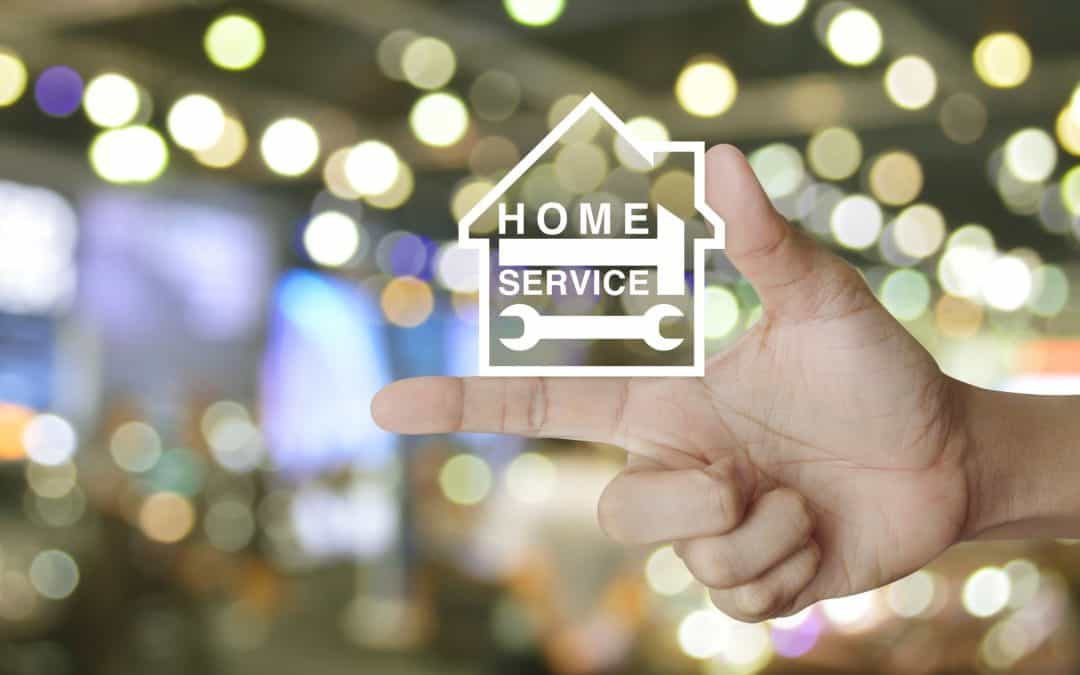Maintaining your home isn’t just about keeping it looking good — it’s about ensuring everything functions well to avoid costly emergencies. In this Home Services 101 guide, we’ll explore the basic home services you should be aware of and the essential maintenance tasks that keep your home in top shape. From plumbing to roofing, knowing how to maintain these areas can prevent unpleasant surprises down the line.
Essential Home Services You Need
One of the most important things to understand in Home Services 101 is what services you should regularly invest in. Every home, no matter how well-built, requires consistent maintenance. Let’s break down the key areas:
- Plumbing Maintenance: A well-maintained plumbing system prevents leaks and water damage. Regularly checking pipes, faucets, and water heaters helps avoid major issues. Don’t forget to inspect toilets and drainage systems to ensure everything is working smoothly. Ignoring plumbing problems can lead to significant damage over time.
- Electrical Services: An outdated or faulty electrical system can pose a fire risk or cause frequent power outages. Periodic electrical inspections ensure your wiring, outlets, and electrical panel are up to date. If you’re noticing flickering lights or frequent tripped breakers, it’s a sign that your system needs attention.
- Roof Inspections: Roof damage is often overlooked until it’s too late. Regular inspections help catch small issues like missing shingles or minor leaks before they become big problems. Whether from a storm or general wear, your roof needs consistent care to protect your home from water damage.
- HVAC Systems: Heating and cooling systems work hard year-round, so keeping them in optimal condition is crucial. Changing air filters, cleaning vents, and having an annual professional inspection can extend the life of your HVAC unit while keeping your home comfortable.
- Appliance Maintenance: From your refrigerator to your washing machine, your appliances need care. Regular cleaning and simple repairs can prolong their lifespan and keep them functioning efficiently.
Each of these services plays a vital role in maintaining the overall health of your home. Understanding their importance will save you both time and money in the long run.
Basic Home Maintenance Tasks to Prevent Emergencies
While professional services are important, there are basic home maintenance tasks you can handle yourself. This Home Services 101 tip list includes simple things every homeowner should do to keep their home in good condition:
- Clean Your Gutters: Clogged gutters can cause water to overflow, leading to foundation damage or basement flooding. Regularly cleaning them, especially after the fall, helps prevent these issues.
- Inspect Windows and Doors: Check for drafts or leaks around your windows and doors. Sealing these areas can improve energy efficiency and protect your home from moisture buildup.
- Test Smoke and Carbon Monoxide Detectors: It’s crucial to test these devices at least once a month to ensure they’re working correctly. Replacing the batteries every year is a simple task that could save lives.
- Seal Cracks and Gaps: Over time, cracks and gaps may develop around your home’s exterior. Sealing them helps prevent water damage, keeps pests out, and improves energy efficiency.
- Check Your Water Heater: Flushing your water heater annually removes sediment buildup that can reduce its efficiency. This small task helps your water heater last longer and work more effectively.
These basic tasks don’t take much time, but they go a long way in maintaining the integrity of your home.
When to Call the Professionals
There are certain tasks that go beyond DIY home maintenance. In Home Services 101, we emphasize knowing when it’s time to call a professional. Here are some situations where expert help is crucial:
- Major Plumbing Repairs: While unclogging a drain or fixing a small leak is manageable, more serious plumbing issues like burst pipes or sewer line problems require professional intervention. Trying to fix these yourself could cause even more damage.
- Electrical Work: Anything beyond changing a lightbulb or resetting a circuit breaker should be handled by a licensed electrician. Electrical work is dangerous and requires specific expertise to ensure safety.
- Roofing Repairs: Small roof repairs might seem simple, but working on a roof is risky. A professional will not only have the right tools and safety equipment but also the knowledge to make sure the job is done correctly.
- HVAC System Problems: If your HVAC system isn’t heating or cooling properly, calling a technician is your best bet. These systems are complex, and DIY repairs can often do more harm than good.
- Pest Control: If you notice signs of a pest infestation, such as droppings, damage to wood, or unusual sounds, calling a pest control service immediately is essential. Pests can cause significant damage to your home, and a professional will know how to eliminate them effectively.
Knowing when to bring in a professional can prevent a small issue from turning into a big, expensive problem. It’s all about balance — taking care of the simple tasks yourself and leaving the more complicated jobs to the experts.
Why Regular Maintenance Matters
Regular home maintenance might seem like a hassle, but it pays off in the long run. When you perform routine checks and repairs, you prevent the need for major, costly fixes. A little attention now will save you from emergencies and expensive repairs later. Plus, a well-maintained home lasts longer and provides a safer, more comfortable environment for your family.
In conclusion, Home Services 101 is all about understanding the basic services and maintenance tasks that keep your home in good shape. Whether it’s plumbing, electrical work, or simple maintenance like cleaning gutters, staying on top of these tasks will help your home last longer and keep you from dealing with unexpected problems. By knowing when to call a professional and handling smaller tasks yourself, you’ll maintain a home that’s safe, efficient, and comfortable.
